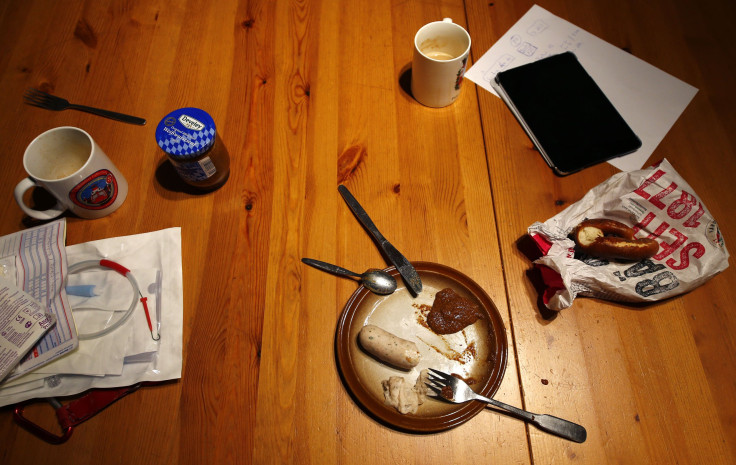Late-night snacking impairs memory, says researchers

Late-night eating messes up the brain’s ability to remember and learn new things. A new study from the University of California, Los Angeles suggests that the practice can be as damaging to the brain as it is to the body.
"We believe that late-night snacking may affect our learning capabilities by affecting the parts of the brain responsible for learning and memory, specifically the hippocampus," lead author Dawn Loh, a project scientist at UCLA, told the Huffington Post. "The timing of food consumption is what we believe to be the primary cause of the impaired memory that we describe."
Researchers theorised that eating at times when people should be sleeping causes deficiency in the hippocampus, the part of the brain that controls memory and learning. For two weeks, the team tested on mice, feeding some during the day and some before sleeping time. All test subjects got the same amount of sleep and calories. Next, the mice were tested for their cognitive abilities, receiving mild electric shock in a specific room chamber 24 hours later.
The team found that the mice that had eaten early were scared when placed in the same room, indicating that they remembered the shock. On the other hand, the late eaters did not freeze or showed any fear response, proving that these mice did not remember the shock. In another test where the researchers tested how well the mice can recognise an object, the mice that ate right before bedtime were less able to remember the object compared to other subjects.
"By consuming food at the 'wrong' time of day, we induce misalignment between the various clocks in the brain and body," Loh explained. "This is known to affect physiological processes like metabolism. We demonstrate for the first time that this food-induced misalignment leads to profound impairment of hippocampal-dependent memory as well."
The researchers agree that studies on humans must be conducted to confirm these results. Experts have previously mentioned that midnight snacking is known to disturb sleep, causing insulin sensitivity. Nevertheless, co-author Chris Colwell advised to choose healthy snacks if late-night snacking cannot be avoided.





















